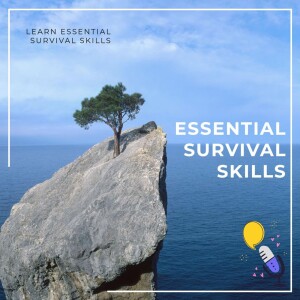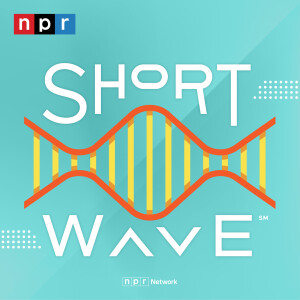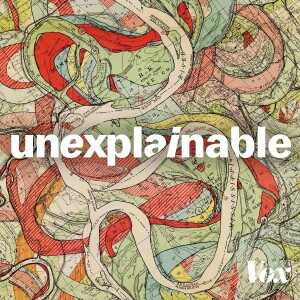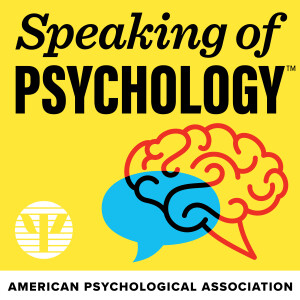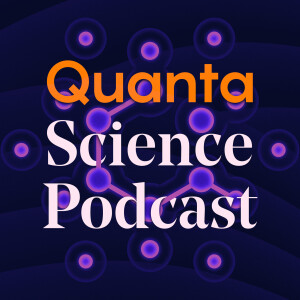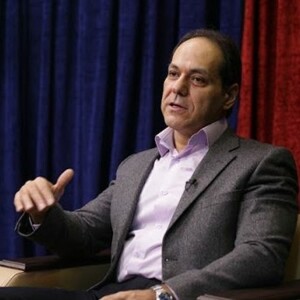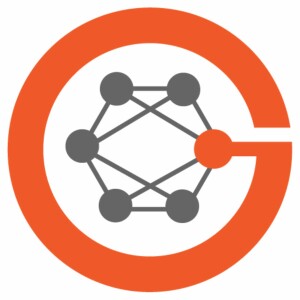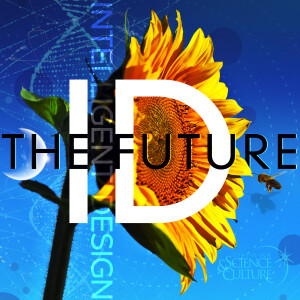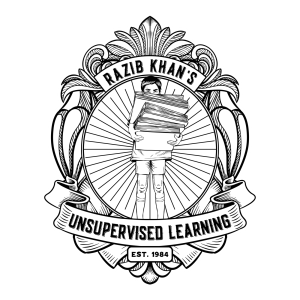

Razib Khan's Unsupervised Learning
https://unsupervisedlearning.libsyn.com/rssEpisode List

Alex Young: IQ, disease and statistical genomics
This week on the Unsupervised Learning Podcast, Razib talks to returning guest Alex Young of UCLA and Herasight. Trained originally as a mathematician, Young studied statistics and computational biology at the University of Cambridge before doing a doctorate in genomic medicine and statistics at the Wellcome Trust Centre for Human Genetics, University of Oxford, under Peter Donnelly. He also worked at deCODE Genetics in Reykjavik and at Oxford with Augustine Kong, developing methods in quantitative and population genetics. Razib and Young talk extensively about what we know about heritability and genomics in 2025, four years after their first conversation. In particular, they discuss what larger sample sizes, high-density genotype-arrays and whole-genome sequencing have told us about heritability and the ability to predict traits in individuals from their sequence. They discuss quantitative and behavioral traits like height, intelligence and risk of autism, and the differences between classical statistical genetical methods utilizing twins and modern molecular genomic techniques that attempt to fix specific physical markers as causal factors in characteristics of interest. In addition to his academic work, Young has also been consulting for the polygenic embryo-screening company Herasight, working on cutting-edge methods for genomic prediction in the context of in vitro fertilization. They dig deep into the new method Young and colleagues worked on that helps democratize embryo selection using genomics, ImputePGTA.

Zineb Riboua: Zohran Mamdani and Third-Worldism ascendent
Today on Unsupervised Learning Razib talks to Zineb Riboua, a research fellow and program manager of Hudson Institute's Center for Peace and Security in the Middle East. She specializes in Chinese and Russian involvement in the Middle East, the Sahel, and North Africa, great power competition in the region, and Israeli-Arab relations. Riboua's pieces and commentary have appeared in the Wall Street Journal, Foreign Policy, the National Interest, the Jerusalem Post and Tablet among other outlets. She holds a master's of public policy from the McCourt School of Public Policy at Georgetown University. She did her undergraduate studies in France, where she attended French preparatory classes and HEC Paris' Grande Ecole program. Her Substack is Beyond the Ideological. Razib and Riboua discusses two pieces on her Substack today, Zohran Mamdani, Third-Worldism, and the Algerian Revolution and Zohran Mamdani and Islam as Language, American Third-Worldism. Riboua explains that contrary to some assertions Mamdani is not an Islamist, but neither is a standard-issue class-based socialist or an identitarian in the woke model that was ascendent a few years ago. Rather, Riboua's contends that Mamdani, a "Third-Culture Kid," emerges out of the post-colonial world that reframes the Marxist framework into a Western vs. non-Western dyad. Rather than the Islamist Iranian Revolution of 1979, she traces Mamdani's intellectual lineage, that of anti-colonial Third-Worldism, to the Islam-inflected Algerian Revolution of the early 1960s. With conventional racial and gender identitarianism exhausted, Riboua contends that Third-Worldism is likely going to be the most potent force in the American Left over the next decade.

Ed West: visitor from a dying empire
Today Razib talks to Ed West, a British journalist and author. He has served as deputy editor of UnHerd and The Catholic Herald, and has written columns for The Spectator and The Daily Telegraph. He runs the Substack newsletter Wrong Side of History, where he explores culture, politics, and the longue durée of Western history. West is the author of books including Small Men on the Wrong Side of History and The Diversity Illusion, as well as popular-history titles such as 1066 and Before All That. A previous podcast guest, West and Razib revisit the topic of British decline three years on. They discuss Britain's economic transformation, from one of the standout economies of Europe a generation ago, to a laggard. Razib probes why the British seem so attached to their welfare state, and why the state has embraced anti-growth policies along with high migration rates. They also discuss the tensions within Britain's large Muslim minority, and the cultural environment that allowed for mass migrant inflows despite their political unpopularity.

Noah Smith: Japanese and American politics
Today Razib talks to Noah Smith, an American economist-turned-blogger known for his commentary on economics and public policy. His blog, Noahpinion, is one of the most popular on Substack. He earned a PhD in economics at University of Michigan and served as an assistant professor of finance at Stony Brook University before leaving academia to become a full-time writer. He wrote a column for Bloomberg until 2021, when he turned his focus entirely to independent writing and his Substack newsletter. Smith is based out of San Francisco but spends part of the year in Japan. An enthusiast for Japanese culture, he is also one of the central nodes in English-speaking rabbit-twitter. First, Razib and Smith talk about the current cultural and political situation in Japan. In particular, how did Japan transform itself from a country with non immigration to one with a non-trivial number of migrants? Additionally, Razib asks Smith about the new Prime Minister, Sanae Takaichi, the first woman in that role. Smith elucidates her relationship to the politics of two of her most prominent predecessors, Shinzo Abe and Junichiro Koizumi. Razib also asks, is she as far right as some people are saying? Then Smith and Razib discuss the "vibe shift" in American culture over the last five years, from the peak period of wokeness around 2020, to the current political ascendancy of MAGA and how Democrats are reconfiguring their politics.

Coltan Scrivner: the evolution and psychology of horror
Today, Razib talks to Coltan Scrivner, a behavioral scientist, horror entertainment producer, and author, whose work centers on the psychological and evolutionary roots of our fascination with darkness, horror, and true crime. He is affiliated with the Department of Psychology at Arizona State University. Scrivner also serves as the executive director of the Nightmare in the Ozarks Film Festival and founded the Eureka Springs Zombie Crawl. He has been featured in The New York Times, CNN, The Wall Street Journal, NPR, TIME Magazine, National Geographic, Scientific American and Forbes. He is the author of Morbidly Curious: A Scientist Explains Why We Can't Look Away, where he explores how our fascination with horror functions as a survival-oriented, yet deeply human, impulse. Though working in psychology and behavior, Scrivner's original training is in biological the sciences, and Razib first probes him on the possible evolutionary origins of our persistent interest in horror, and why we might actually be attracted to the phenomenon in the first place. Scrivner also explains how the horror genre differs from other narrative forms, in particular, the power imbalance that makes heroic action and tension much more difficult. Horror, in fact, primarily leverages our intuitions about how predator and prey interact, more than a battle between peers. Scriver also discusses the relationship between fear and our dreams, and the various psychological and evolutionary theories for why we might have so many nightmares.
Create Your Podcast In Minutes
- Full-featured podcast site
- Unlimited storage and bandwidth
- Comprehensive podcast stats
- Distribute to Apple Podcasts, Spotify, and more
- Make money with your podcast
